Hindu residents and Sikh gurudwaras in Gurgaon offered Muslims space for Friday prayers after far-right Hindu groups blocked the community from using public grounds for worship.
Altaf Ahmad, 45, a resident of Gurgaon, a city on the outskirts of India’s capital New Delhi, was shocked when members of right-wing Hindu outfit Bharat Mata Vahini (BMV) came to disrupt Friday prayers at a designated space offered by the city’s administration.
“Namaz (prayer) is one of the pillars of our religion, and congregational prayers are important for us and our identity as Muslims,” said Altaf, who is also the co-founder of Gurgaon Nagrik Ekta Manch (Gurgaon Citizens’ Unity Forum).
His statement sheds light on the plight of Muslims living in Gurgaon, where groups like BMV and Sanyukta Hindu Sangarsh Samiti (SHSS) have been demanding the city administration stop them from praying in public spaces.
As protests intensified, the administration revoked permission for eight out of the 37 sites which were originally approved.
Amidst the ongoing controversy, Hindu and Sikh support has begun to pour in for the Muslim community, with many offering their private spaces for worship.
They include those like Akshay Yadav, a local resident opening up his shop, to a senior journalist Rahul Dev offering his house, and the Sikh community coming out and initially offering space in gurudwaras and other private places under their jurisdiction.
Yadav, who owns an automobile shop, had reached out to the community earlier, too. “In the holy month of Ramadan, Akshay would open his shop for us so that the increased number of namazis (worshippers) could offer their prayers, even late at night,” Altaf explained.
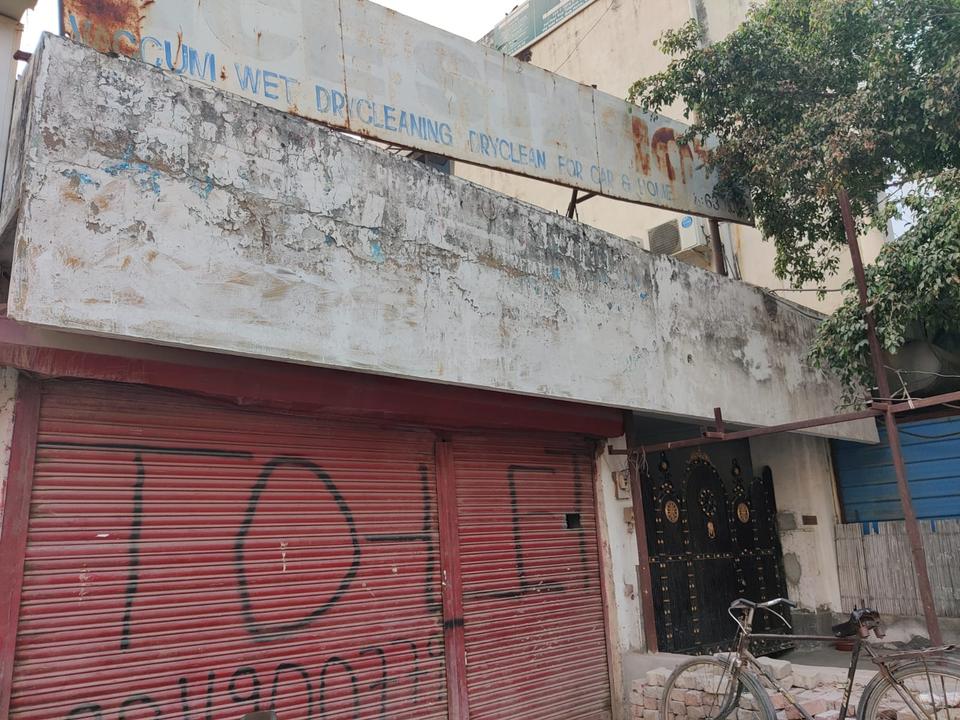
Sherdil Singh Sidhu, the Gurudwara Singh Sabha Committee President, released a statement saying that Muslim brothers are welcome to pray inside the gurudwara premises.
However, Singh’s decision was subsequently criticised by some members of the Sikh community and right-wing outfits, and claimed his words were misquoted by the media.
“My statement was opposed by some members of the committee and therefore we have clarified to Muslims that we cannot give them space. However, they said that they understand and thanked us for our support,” Singh told TRT World.
Even members of the Muslim community decided that they won’t offer Friday prayers inside the gurudwara as it might create a disturbance in the social fabric of the area.
“Sherdil Singh gave one statement, and he came under a lot of pressure from the right-wing Hindu groups, and that is also why we went to the gurdwara on Friday, to not only thank him for his invaluable gesture but to also assure people that we would not be offering namaz there since it would create trouble for them,” Ahmad told TRT World.
For Ahmad, the steps taken by Yadav or even the Sikh community are commendable and should be lauded. He believes that these people took a stand against oppression which is never easy, especially keeping in mind the tumultuous period.
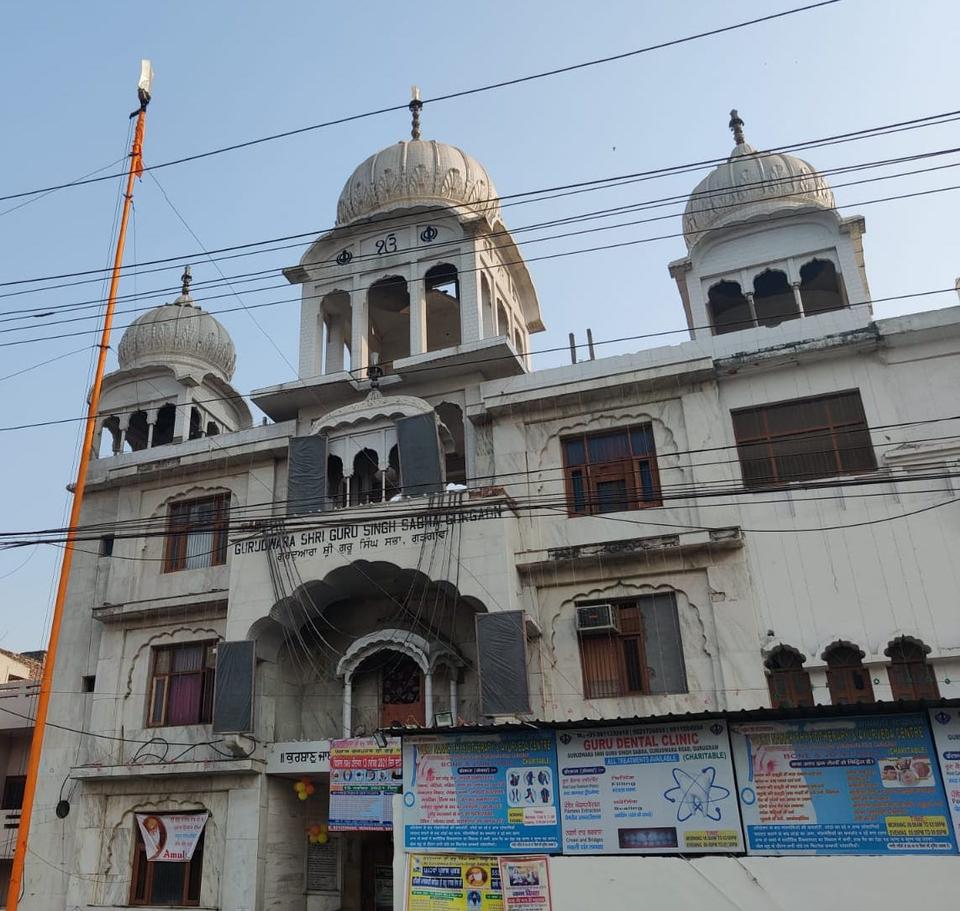
Roots of the controversy
Given the insufficient number of mosques in the city, Friday prayers have been happening for over a decade in open areas of Gurgaon. The city itself has a population of approximately 1.5 million people out of which 4.6 percent are Muslims (72,480).
In the New Gurgaon area, the Haryana Urban Development Authority (HUDA) provided space for only 1 mosque in Sector 57 to the Muslim community. Old Gurgaon has a few small mosques; however, these are inadequate for those staying or working in the whole of Gurgaon.
This issue came to light in 2018, when Muslims were stopped by a group of people from praying in open spaces. To avoid any conflict, the community’s representatives approached the city administration. In the discussions that followed, the administration requested the reduction of prayer sites to 60 from an initial 100 so adequate security could be provided.
However, the administration did not accept the list of 60 prayer sites and further reduced it to 37 for the entire Gurgaon and Manesar area and included three mosques too (which should not have been in the list of open places).
“We initially objected to the number of prayer sites being reduced to 34 from 100 but the administration told us that the sites can be increased once the dust settles. Therefore, we gave in to their request,” Altaf told TRT World.
While things stayed calm for nearly two years, the issue resurfaced again when Dinesh Bharti who claims to be the head of BMV, started targeting and disrupting the remaining 34 prayer sites where the administration had promised to provide security.
Bharti succeeded in stopping Friday prayers at Sector 39, 40 and 43 during March and April this year. A First Information Report was filed against Bharti on April 16, for “promoting enmity between different groups on grounds of religion, race, place of birth, residence.”
After this incident, while the country was gripped by the pandemic’s second wave and a strict lockdown was imposed, public prayers were not conducted for the next three months.
But in September, as restrictions eased and public prayers began, Bharti came out again with BMV members and started raising slogans against public prayer.
“On 17 September, Mr Bharti and a few others targeted Friday prayers by hurling abuses and communal slurs on those offering namaz,” Altaf said. He also feels that the action taken to date by the administration is insufficient and the Muslim community is being “pushed to the wall”.
Even for Taufiq Ahmad, who owns a shop near Yadav’s house and now uses Yadav’s shop to pray in, the idea of the government revoking the access to the sites it earlier approved is absurd.
“Doesn't this mean that the government is being partisan?” he asks.
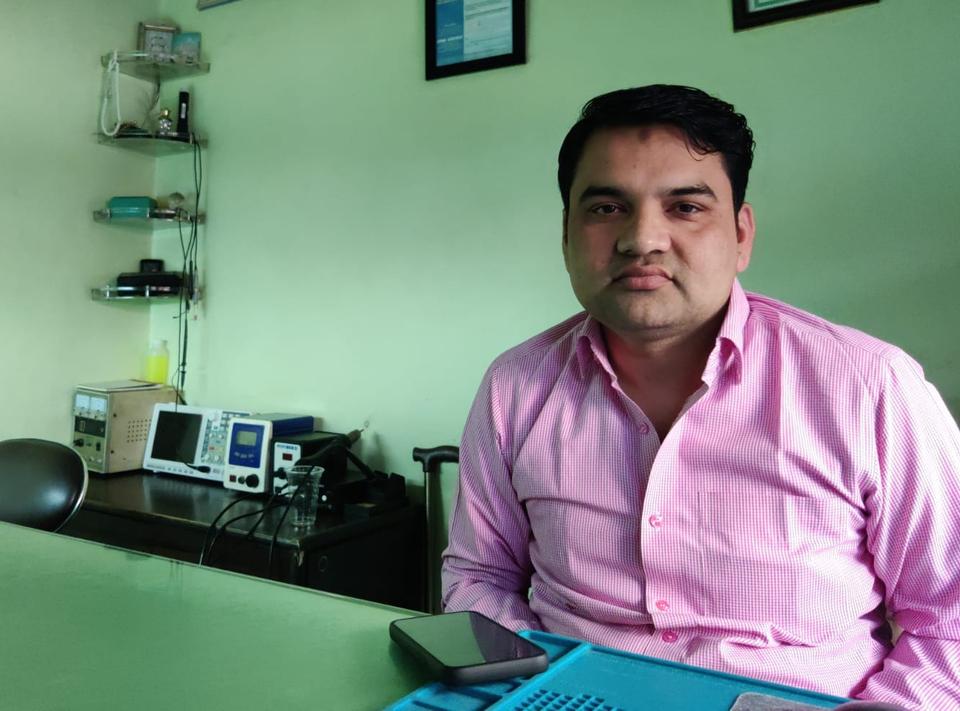
Ahmad also told TRT World that the Waqf board has a lot of land in Gurgaon but currently most of it is encroached, thereby making it more difficult for Muslims to build a mosque on it.
“Even if we want to construct a mosque, we can't do that. Hence, the land which we had been given has been taken away from us, and the land which we can ideally use is also beyond our reach. What absurdity is this?” he further added.
In the face of the onslaught of the politics of hatred unleashed by right-wing fringe groups like BMV and SHSS, in an already saffronised climate, stories of people like Akshay Yadav and Sherdil Sidhu opening their doors for Muslim worshippers signal the urgent need to reject false barriers and ensure that communal harmony is maintained.

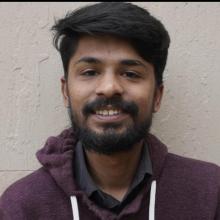
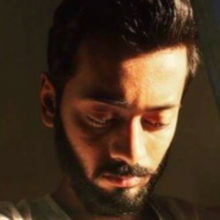













0 Comments